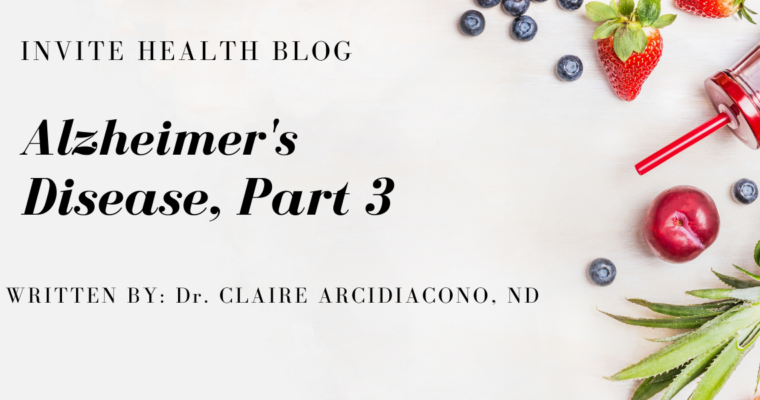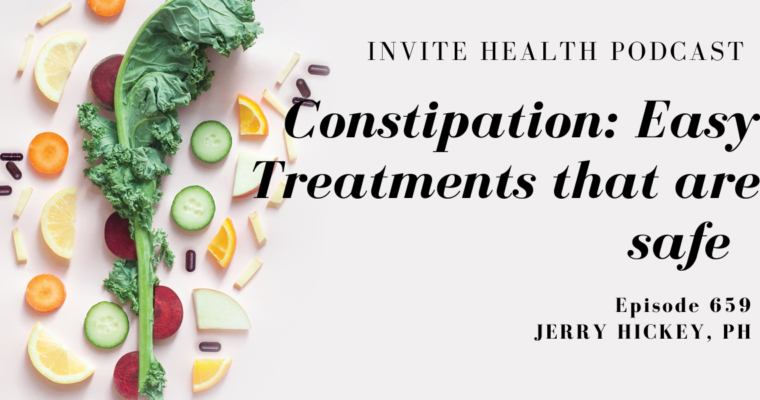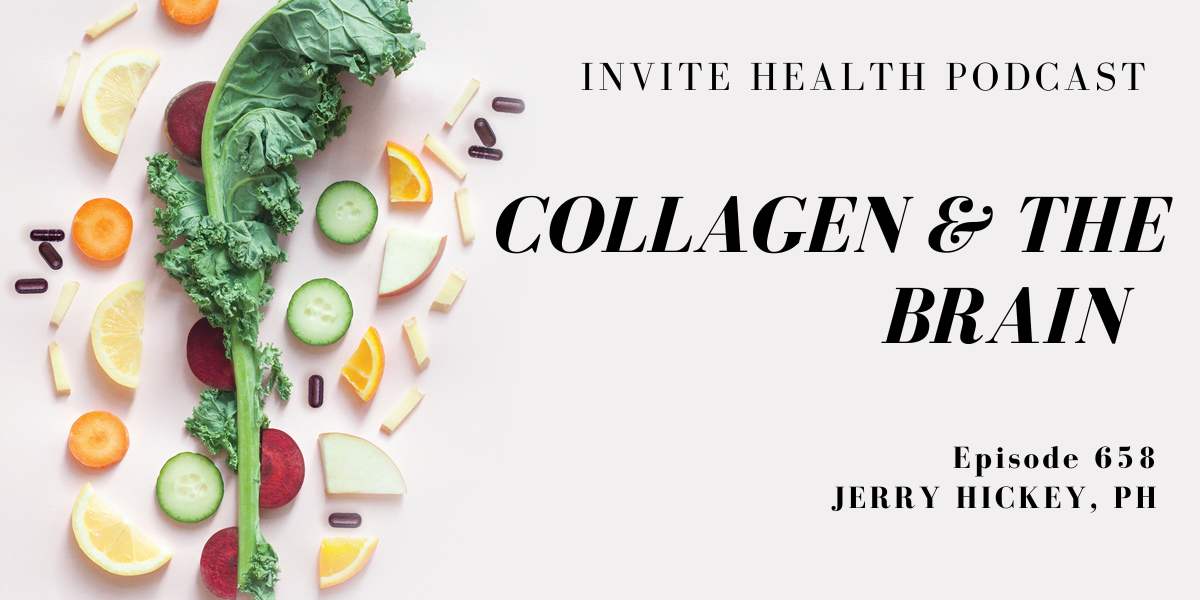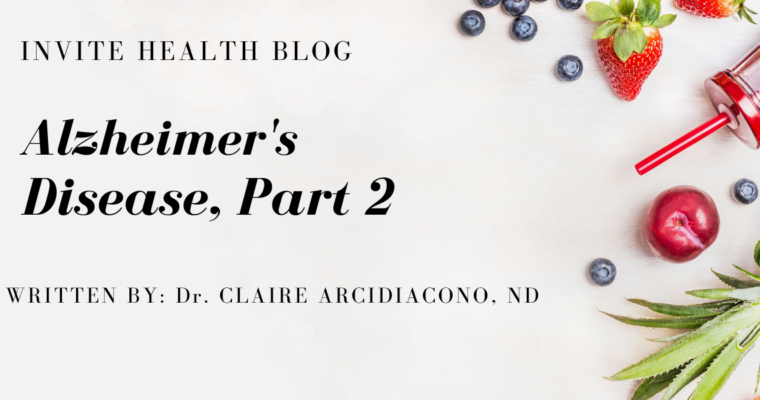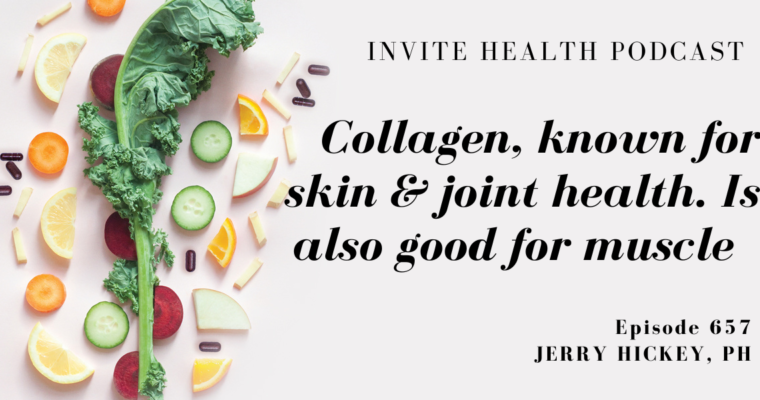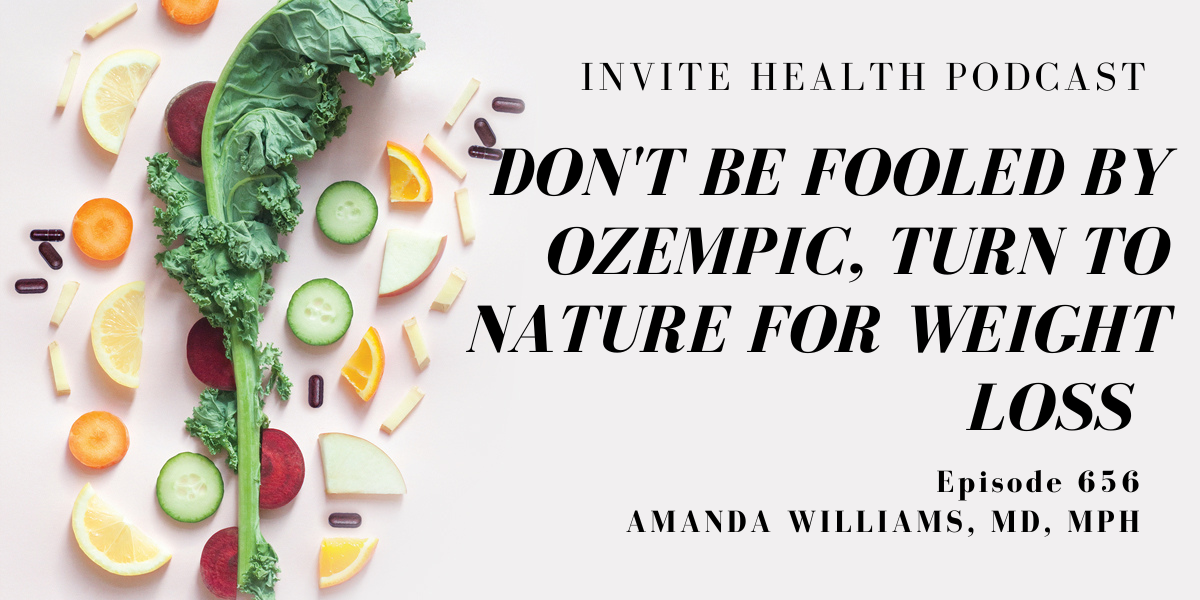Subscribe Today!
Please see below for a complete transcript of this episode.
DON’T BE FOOLED BY OZEMPIC, TURN TO NATURE FOR WEIGHT LOSS SUPPORT, INVITE HEALTH PODCAST, EPISODE 656
Hosted by Amanda Williams, MD, MPH.

*Intro Music*
InViteⓇ Health Podcast Intro: [00:00:04] Welcome to the InViteⓇ Health Podcast, where our degreed health care professionals are excited to offer you the most important health and wellness information you need to make informed choices about your health. You can learn more about the products discussed in each of these episodes and all that Invite health has to offer at www.invitehealth.com/podcast. First time customers can use promo code podcast at checkout for an additional 15% off your first purchase. Let’s get started. † [00:00:34]
*Intro Music*
Amanda Williams MD, MPH: [00:00:40] Throughout my career in the nutraceutical world, I have been faced with the daily challenge of fad diets and what is in what is going to help people lose weight and what can people actually expect from these cure-alls that are out there and touted as being the answer to all of your problems when it comes to weight. Well, let’s just be honest with this, folks. We know that there is no cure all drug. And unfortunately, right now there is something that’s really taking over the entire country, and that’s Ozempic. And I sit here every day and I hear about this on the news, and you hear all the different trends, and how many folks are taking this and they’re touting it as being their miracle drug. And I just sit back and think, goodness, how did we go so far off track? Because this is a very powerful medication that is actually only approved for the use in diabetics. So, anyone who’s using it for weight loss, that’s actually off label. It’s not approved for weight loss, and it makes sense as to why it wouldn’t be approved for weight loss. While that could be a side effect and this is why it’s gained so much momentum, because individuals who were prescribed, initially this medication were finding that they were losing weight. However, what we do know about Ozempic is that when people stop taking it, that weight rebounds right back, and this has been well-established. The other interesting fact that goes along with this current trend in weight loss is, that they encourage people to, you know, have an incredibly low caloric intake, you know, 500 calories per day. Well, of course, if you’re eating 500 calories per day, you’re going to be losing weight. So, we always have to put everything into perspective, and we have to look at what’s safe and what’s not safe when it comes to weight loss goals. So, I’m going to talk about that a bit today. I am Dr. Amanda Williams, scientific director at Invite Health, and this is something that comes up all the time, the different fad diets, or try this, try that. I know a friend who did this and they lost 15 pounds. I have an aunt who tried this, and she lost 20 pounds, and I always want to say, well, what happened when they stopped this routine? Did that weight come back? And it’s usually, oh, well, yeah, actually it did. So, what we do know is that if we want to have successful weight loss, we have to be very comprehensive in our approach to this. † [00:03:05]
THE WONDERS OF WHEY PROTEIN ISOLATE, INVITE HEALTH PODCAST, EPISODE 642>>LISTEN NOW!
[00:03:05] First and foremost, you have to have the goal in mind that this is going to be long term weight loss, not just a short drop in weight, which then is going to bounce right back up. So, getting yourself mentally prepared for your weight loss journey is first and foremost. So, we have to look at all aspects. We have to look at your current diet, we have to look at your exercise, we have to look at your stress management, other factors that can be playing into why you are having problems with having a healthy metabolism and maintaining a healthy weight. So, you always have to take that comprehensive approach. You want weight loss to be sustainable, and this is oftentimes when it comes to even trendy little diets that are out there where I say it’s not sustainable, this isn’t something that you’re going to do each and every single day for the rest of your life, which is why it’s not going to work. So, we have to make those main dietary corrections. We have to start to trend over to that Mediterranean style way of eating, where we’re getting in high antioxidant foods, coming from fruits and vegetables, seeds and nuts, healthy fats, good protein exposure and of course key vitamins and minerals. This is to set up the body for success, to be able to regulate our metabolism each day and make sure that all of those different pathways are functioning correctly. At the end of the day, we always have to look at the impact that is occurring within the different endocrine systems, looking at how your adrenals are affecting your pancreatic function. So, if we have significant insulin resistance, we have to always look at not only just the diet but also what other contributing factors are there. Do we need to work on modulating that adrenal response of over excessive cortisol release, for example? So, I always like to, to have individuals sit down and kind of map out what those goals look like. Are you looking to lose 10 pounds, are you looking to lose 80 pounds? What is your ideal weight that you want to be and what is a reasonable time that you are setting for yourself to achieve those goals? And once you reach those goals, how do you go about maintaining that? These are all factors that once we start to put it down on paper and we look at it and we are being proactive in our own weight loss journeys, and we are active participants in that. You will find that you are setting yourself up for actual success without the dangers of having to do some trendy off label drug which comes with a whole host of really scary side effects. You know what I mean? Myself, if I had a family member who were dealing with diabetes, I probably wouldn’t say, yeah, that’s the best drug for you to be on, and that’s indicated for diabetes. But to think that someone would take that medication to try to lose weight to me is just nonsensical. With the many known potential side effects and the fact that it has, you know, it’s known black box warning on that that it can create thyroid cancer, that’s just among other things. So, it’s certainly not the answer that people should be seeking, and we have better alternatives. † [00:06:10]
[00:06:11] We certainly can look at how different nutrients, something as simple as green tea has been shown to be highly effective at helping to promote healthy thermogenesis or natural fat burning. So, you can look at a formulation like the Green Tea Tx or the Green Tea Hx capsules, or even the White Tea Tx, and you can incorporate these in, knowing that this is going to help to facilitate normal fat burning within our fat cells. And this is really quite important when we look at different clinical research trials, there was one that was done many years ago in 2009, and it was published in the Nutrition and Metabolism Journal and they were looking at how white tea actually induces this very interesting ability to break down fat cells, and at the same time it was inhibiting the creation of new fat cells. So, it took the existing fat cells, and it was breaking those down, but it was also blunting the body’s ability to create new fat cells, hence leading to weight loss and an improvement in percent body fat. So we say, well, if White Tea is doing this, we certainly can see how Green Tea, because they’re both containing those powerful catechins that EGCG, how this is also working in that same mechanism to help to enhance the way in which our fat cells are responding and so if we can encourage our fat cells through taking the EGCG, coming from Green tea and White tea, to go into this natural fat burning mode, then that’s a really healthy thing to do. And we don’t have those concerns of, oh, I’m taking green tea, now, I have these concerns of all these side effects. We know that teas have been consumed for hundreds of years around the globe and the therapeutic benefits that go along with tea consumption and taking the extract of those teas have been well-studied and across so many different systems. For cardiovascular benefits, for metabolism, for brain health, for lessening inflammation, even in the setting of arthritis. Now that’s something that I would be willing to sign myself up for, as opposed to the current trend that’s going on in this country. † [00:08:21]
DETOX THE BODY WITH THE HELP OF GREEN TEA, INVITE HEALTH PODCAST, EPISODE 602>>LISTEN NOW!
[00:08:22] So, in the Journal of Clinical Nutrition in 2016, they talk about the therapeutic effect of high dose Green Tea extract when it came to weight reduction. This was a randomized double blind, placebo- controlled trial looking at how Green Tea extract actually promoted significant weight loss in individuals who were enrolled into the study, who had been diagnosed as being either overweight or obese. And looking at the study which was conducted over the course of 12 weeks and to see the significant drop in weight in the group that was given. Green tea extract was so incredibly promising that the researchers said, not only is this helping to promote weight loss, but it’s also improving all of these other cardiometabolic markers. So, we’re getting this improvement of overall health through using green tea extract. And we can certainly see how it helps with the regulation of the different hormones that control our hunger center and our satiety center. All of these different nutrients that have been studied things like green tea, coffee, why green coffee extracts so beneficial, resveratrol. So, study that was conducted and published in the Molecules Journal in 2021 that zeroed in on those powerful polyphenols coming from things like EGCG, and the effect that EGCG had on individuals who had obesity. And we look at the current state of this country and we know that we’re just hovering under 50% of the adult population being clinically obese, and that’s expected to become over 50% by the time we hit 2030. So, it’s just right around the corner where we’re going to have a lot of individuals who are dealing with significant chronic disease states brought on because of obesity. So, like I always say, this is a multi-modal approach. We have to address the foods. We have to start to pull away from being restrictive and lowering our calories, focusing so much on that and really changing the way that we perceive foods, understanding that whole foods, clean foods, foods that are not processed, those ultra processed foods are the biggest problem. Sedentary lifestyle, another component of this. So, if we start to address this and we say we’re going to work on our stress, we’re going to work on our diet, we’re going to work on our exercise, and diet doesn’t mean caloric restriction. Diet means eating healthy foods, so adherence to that Mediterranean style way of eating along with incorporating in nutrients such as the Green tea Tx, and the White Tea tx, sipping on that instead of your diet soda, this is going to lead you down that path to healthy, sustainable, successful weight loss. And we always want to do things with our overall wellness in mind. We don’t want that quick fix, we want things that are going to actually help not just the main focus of what we’re thinking about. So just weight loss, but something that’s also going to be yielding the benefit for overall systemic support. Helping to support your brain and your heart and your joints. And this is why when we take this multimodal approach, you will find that you’re going to lose weight and you’re going to be able to keep that weight off, which is most important. So, I want to thank you so much for tuning in to the, InViteⓇ Health Podcast. Remember, you can find all of our episodes for free wherever you listen to podcasts, or you can visit, invitehealth.com/podcast. Do make sure that you subscribe, and you leave us a review. You can follow us on Facebook, Twitter and Instagram, and we will see you next time for another episode of InViteⓇ Health Podcast. † [00:08:22]
*Exit Music*


